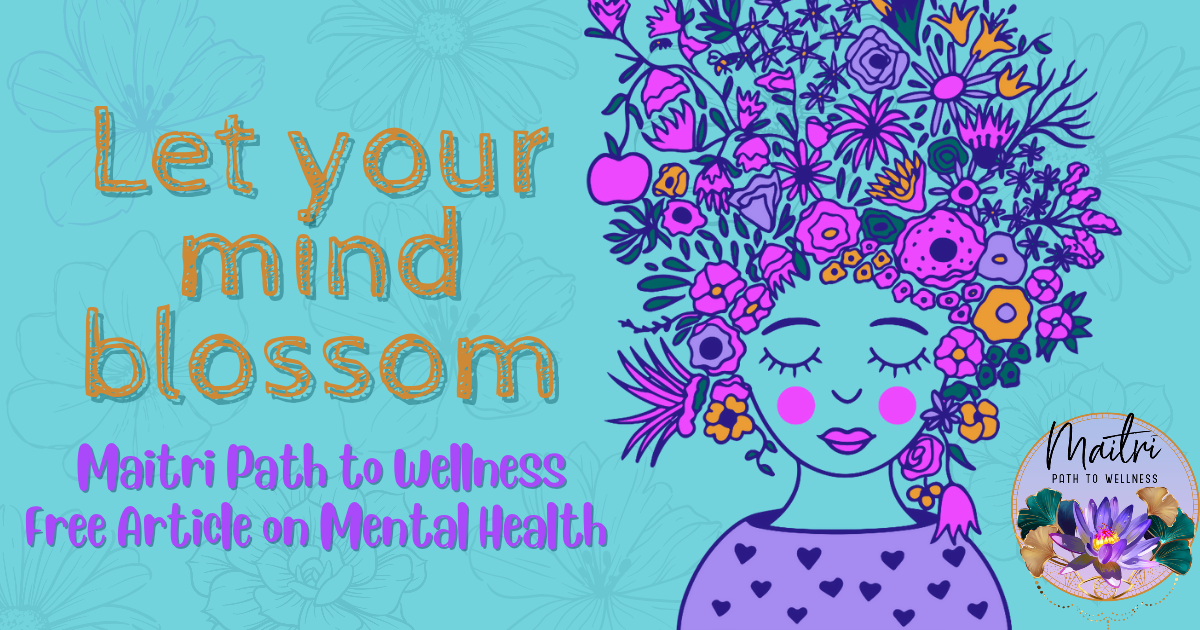In our journey through life, forgiveness is often regarded as a virtuous act. We are taught to forgive and forget, to let go of grudges and move on. However, blindly adhering to the notion of “forgive and forget” may not always be the wisest path, especially when it comes to our mental health. This article delves into the complexities of forgiveness, explores its limitations, and proposes a more nuanced approach to healing and growth.
The concept of “forgive and forget”
“Forgive and forget” is a popular phrase that implies we should release the anger, hurt, or resentment we feel towards someone who has wronged us, and wipe the slate clean as if nothing ever happened. While forgiveness can be a powerful tool for personal growth and reconciliation, it is essential to acknowledge its limitations.
The limitations of “forgive and forget”
One of the main limitations of “forgive and forget” is that it fails to account for the deep emotional wounds caused by certain actions. While forgiveness can provide relief and promote healing, it doesn’t erase the pain experienced. Emotions can linger and resurface, affecting our mental well-being if not properly addressed.
Establishing healthy boundaries and practicing self-protection is crucial for our emotional and psychological health. Sometimes, forgiving without forgetting may be necessary to safeguard ourselves from further harm.
The healing power of forgiveness
It is important to understand that forgiveness does not mean condoning or excusing the actions of others. Instead, forgiveness is a personal choice to let go of the negative emotions tied to a specific event or person. Studies have shown that forgiveness can have a positive impact on mental health by reducing stress, anxiety, and depression.
By practicing forgiveness, individuals can experience improved emotional well-being, enhanced relationships, and a sense of inner peace. However, it is crucial to note that forgiveness is a process that takes time, self-reflection, and often external support.
The importance of remembering
While forgiving may be beneficial for our mental health, forgetting entirely may not serve us well. Remembering past experiences allows us to learn valuable lessons and make informed decisions in the future. It enables us to recognize harmful patterns, set healthier boundaries, and protect ourselves from potential harm.
By retaining the memory of certain events, we can be more discerning and cautious, ensuring that we prioritize our emotional well-being while interacting with others. Remembering helps us avoid falling into the same traps and empowers us to make choices aligned with our self-care.
Embracing acceptance instead
Rather than striving to forget, we can shift our focus towards acceptance. Acceptance allows us to acknowledge the pain we have experienced and the lessons we have learned from it. It involves practicing self-compassion and understanding that healing is a personal journey.
By embracing acceptance, we can move forward without holding onto resentment or bitterness. We can cultivate a mindset of growth and transformation, letting go of the burden that comes with carrying grudges. Acceptance enables us to prioritize our mental well-being and build healthier relationships.
Conclusion: Striking a balance between forgiveness and self-care
In conclusion, while forgiveness is undoubtedly important for personal growth and healing, blindly adhering to the notion of “forgive and forget” may not always be the wisest path. Recognizing the limitations of this concept and understanding the healing power of forgiveness can help us navigate our emotions more effectively.
By remembering past experiences, setting healthy boundaries, and embracing acceptance, we can strike a balance between forgiveness and self-care. This balance allows us to prioritize our mental health while fostering growth, resilience, and compassion.
FAQs
Is forgiving someone the same as forgetting what they did?
Forgiving someone does not mean forgetting what they did. It means releasing the negative emotions associated with the event and allowing ourselves to heal.
Can forgiveness be beneficial for mental health?
Yes, forgiveness has been linked to improved mental health by reducing stress, anxiety, and depression.
What if I struggle to forgive someone who has hurt me deeply?
Forgiveness is a process that takes time and effort. Seeking therapy or counseling can provide valuable support in navigating and processing complex emotions.
Is it necessary to forgive in order to move on?
Forgiveness is not always a requirement for moving on. Acceptance and letting go of resentment can also lead to personal growth and healing.
How can I set healthy boundaries while forgiving someone?
Setting healthy boundaries involves recognizing and communicating your needs and limits. Forgiveness does not mean tolerating harmful behavior; it means prioritizing your well-being.

Hey there friend! I’m Brenden Fasken, a passionate advocate for mental health and the transformative power of recovery. As a proud recovering addict, I’ve traveled the winding roads of addiction and emerged on the other side, ready to share my experiences and insights with you. I enjoy sharing blogs that delve into the complexities of mental health, substance use disorders, and the journey of personal growth. I aim to break down barriers, spark conversations, and offer a beacon of hope to those who may be struggling. So, join me as we embark on this empowering journey together, exploring the depths of our minds, celebrating resilience, and embracing the transformative potential within each of us.
Through my own recovery journey, I’ve learned that life’s challenges can be our greatest teachers. With each hurdle, I’ve gained insights and perspectives that have shaped my understanding of mental health and addiction. From the darkest moments to the brightest triumphs, I share personal anecdotes, reflections, and practical advice that I’ve gathered along the way. Together, we’ll navigate the labyrinth of emotions, challenge societal stigmas, and uncover the power of self-care and self-discovery. So, buckle up and get ready for an engaging and insightful ride as we explore the nuances of mental health and embark on a shared quest for personal growth and well-being.

